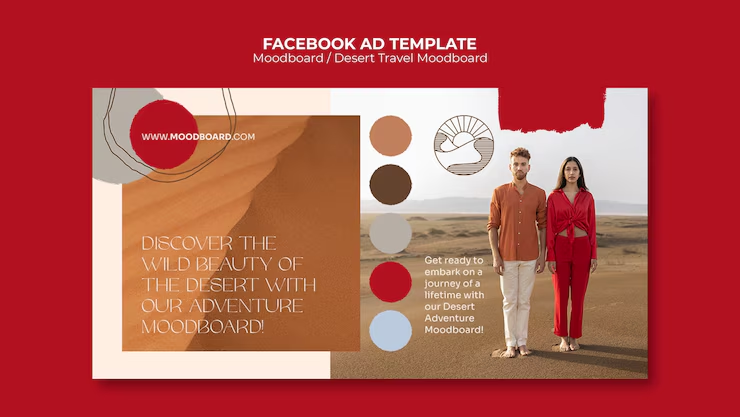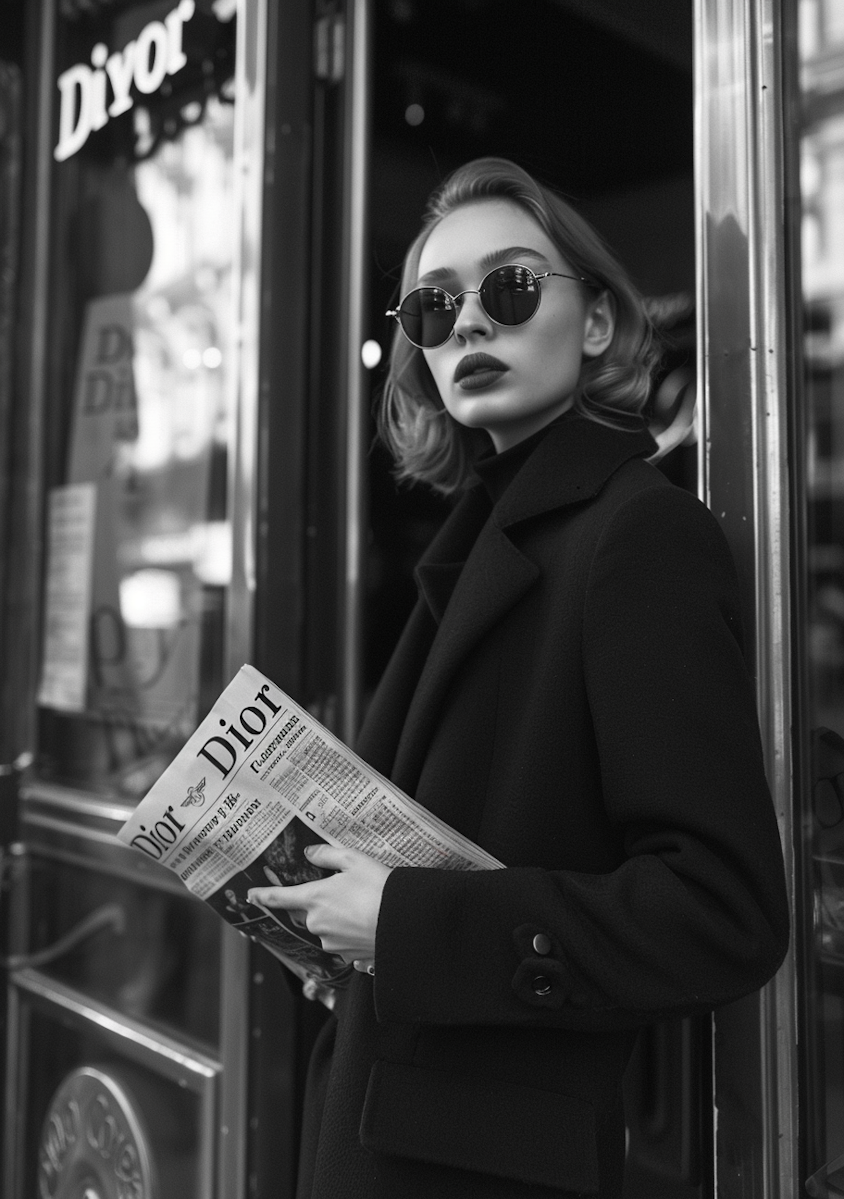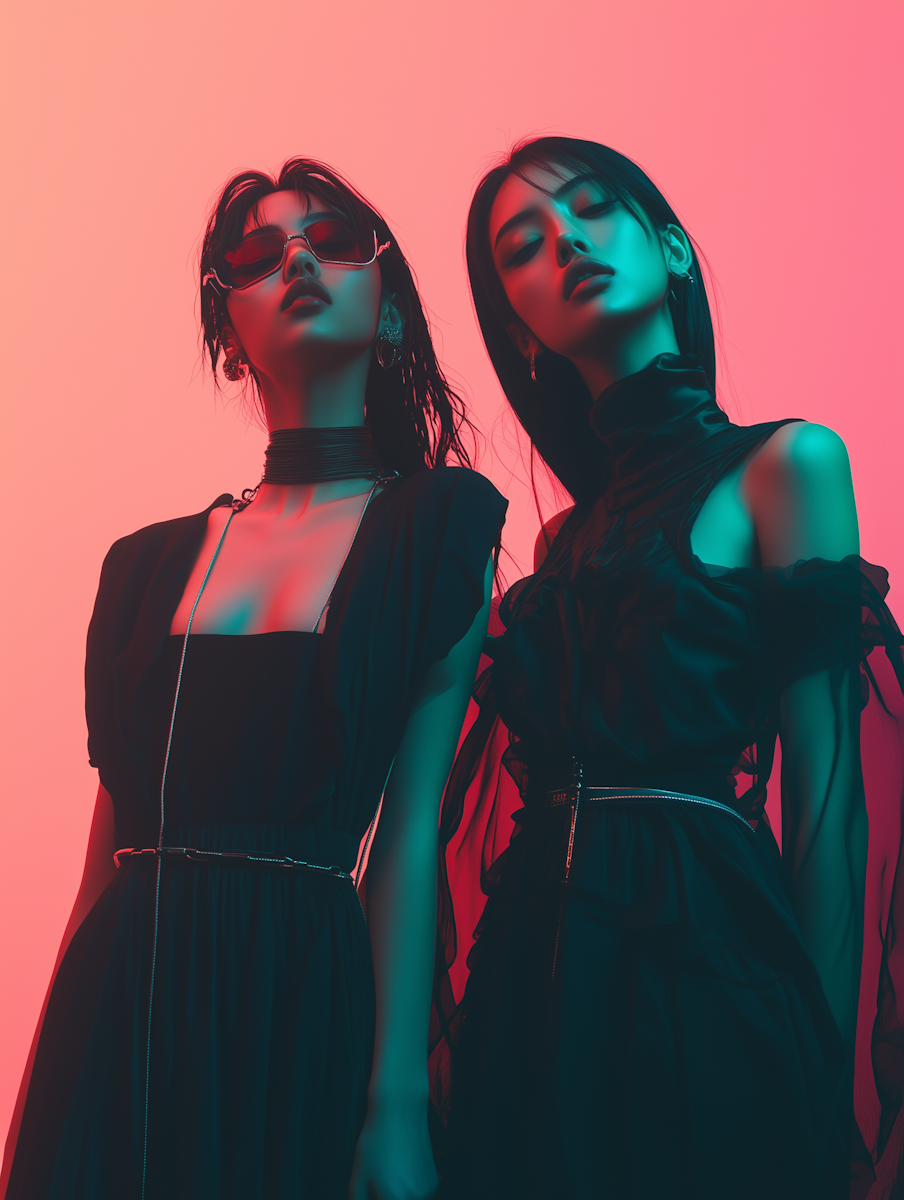Table of contents
Define Your Style, Visualize Your Wardrobe, and Dress With Purpose
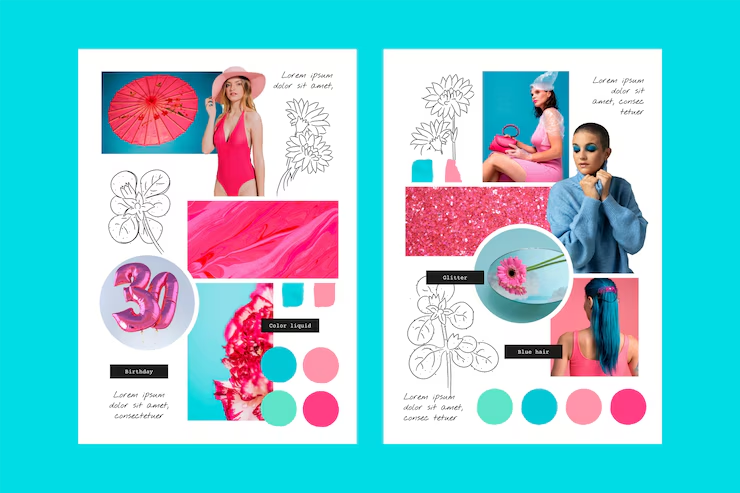
In the ever-changing world of fashion, knowing your personal style can feel like a moving target. That’s where a fashion mood board comes in. It’s not just a Pinterest collection—it’s a creative visual guide that captures your aesthetic and helps refine your style choices.
Whether you’re a fashion student, an influencer, or simply want to refresh your wardrobe, learning how to Curate a Personal Fashion Mood Board is the first step to dressing with clarity and confidence. In this post, we’ll walk you through how to build one, what to include, and why it’s an essential tool for any style-savvy individual.
What Is a Fashion Mood Board?
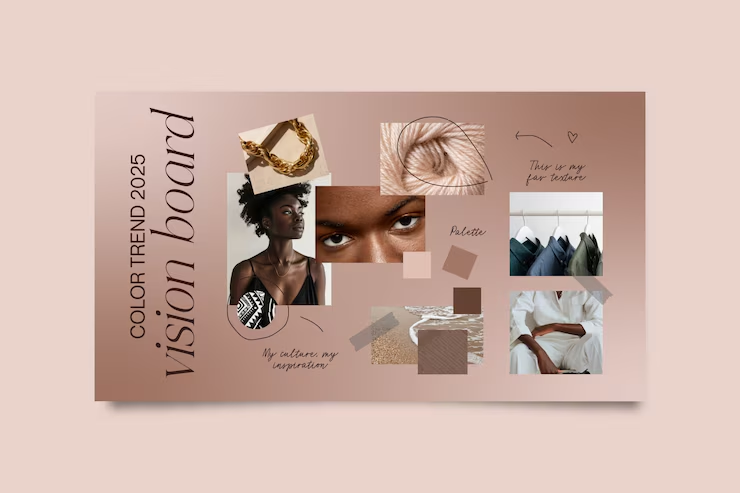
A fashion mood board is a collage of images, colors, textures, patterns, and even quotes that reflect your personal style or style goals. It acts as a visual style guide, helping you stay consistent, focused, and inspired when choosing outfits or building your wardrobe.
You can create mood boards digitally using platforms like Canva, Pinterest, or Adobe Express, or go old-school with magazine clippings and physical boards.
Why You Should Curate a Personal Fashion Mood Board
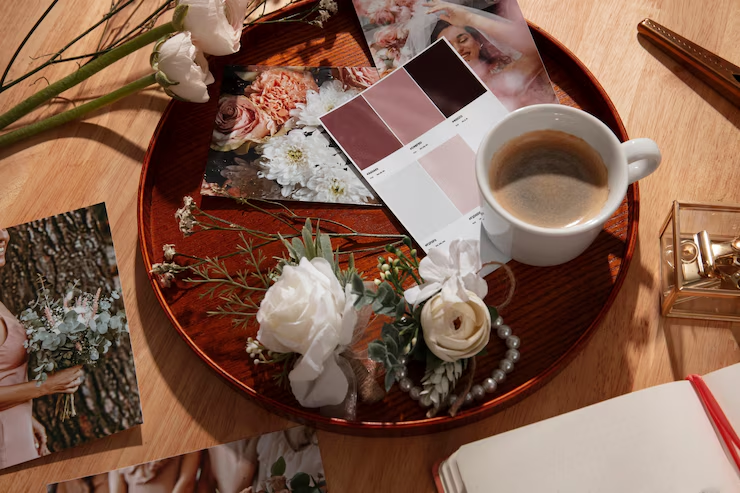
If you’ve ever stood in front of a packed closet feeling like you have “nothing to wear,” you’re not alone. That frustration usually stems from a lack of clarity about your style. By choosing to Curate a Personal Fashion Mood Board, you can:
- Discover your signature colors, textures, and silhouettes
- Avoid impulse buys that don’t align with your aesthetic
- Build a more cohesive wardrobe
- Get inspired for seasonal looks or special events
- Communicate your style more clearly (especially helpful for stylists or designers)
Step-by-Step Guide to Curate a Personal Fashion Mood Board
1. Gather Visual Inspiration
Start collecting anything that resonates with your style vision. This could include:
- Editorial photos
- Runway looks
- Street style images
- Color swatches
- Outfit flat lays
- Texture or fabric samples
- Jewelry and accessories
Pinterest, Instagram, and fashion blogs are excellent places to find material. Save as much as you like—you’ll refine it later.
2. Identify Patterns and Themes
Once you have a solid collection, start noticing patterns. Do you lean toward neutral colors or bold tones? Are you drawn to minimalism or maximalism? Denim or silk? Chunky boots or strappy heels?
Use this insight to help define your style categories such as:
- Casual chic
- Edgy streetwear
- Boho vintage
- Preppy classic
- Modern minimalist
This self-awareness is key when you Curate a Personal Fashion Mood Board that truly represents you.
3. Select and Layout Your Final Elements
Narrow down your images to 15–30 of your favorites. Then organize them into a visually appealing board—either digital or physical. Group similar colors, textures, and themes together.
Add design elements like:
- A title or theme (e.g., “Fall 2025 Aesthetic” or “Soft Luxe Style”)
- A color palette bar
- Key outfit formulas
- Inspirational quotes
This layout will help translate your vision into a real-life wardrobe.
4. Use It as a Styling and Shopping Guide
Now that you’ve created your board, use it as a daily reference when putting together outfits or planning shopping trips. Ask yourself:
- Does this new item match my mood board?
- Would I wear this with pieces I already own?
- Does this reflect my core style themes?
By sticking to your mood board, you’ll make more mindful fashion decisions.
5. Update Seasonally or As Your Style Evolves
Fashion is fluid, and so are you. Revisit and refresh your mood board every few months or when entering a new life phase (new job, move, body change, etc.). This ensures your board remains relevant and reflects your current taste.
To truly Curate a Personal Fashion Mood Board effectively, treat it like a living, breathing part of your style journey.
Frequently Asked Questions
A: Yes! In fact, curating a mood board is one of the best ways to discover your style. Collect what inspires you and notice the common themes—it’s a journey of self-discovery.
A: Not at all. Include textures, art, architecture, nature, and colors that inspire you. These elements often influence personal fashion taste.
A: Use free tools like Canva, Pinterest, or Adobe Express. Simply drag and drop your images into a collage layout and save it as your desktop or phone background for easy access.
A: One main board is great for capturing your general style. You can also create seasonal or occasion-specific boards (e.g., summer outfits, travel looks, workwear).
A: That’s normal! Your mood board should evolve with you. Revisit and refresh it as your preferences or lifestyle shift.

